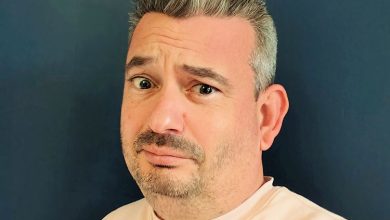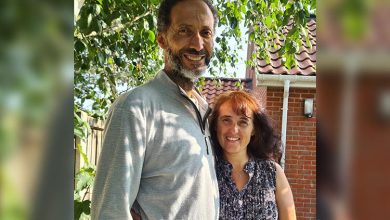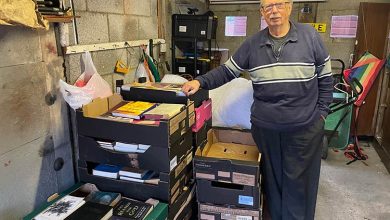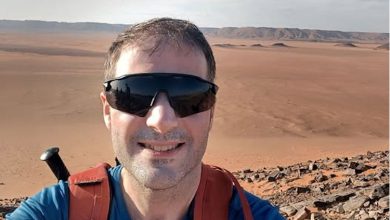Opinion
Norfolk heroine gave her life to save others
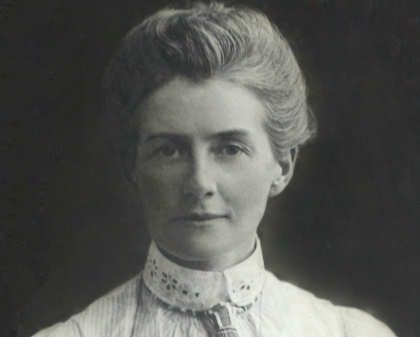
Born in 1865, Edith Louise Cavell grew up in the vicarage at St Mary’s Swardeston, just south of Norwich. Leaving home at the age of 17, she worked as a governess for 13 years, including in Brussels. In 1895, Edith returned to Swardeston to nurse her father through an illness. It was this experience which led her to pursue a vocation in nursing, feeling that she wanted to make a difference.
In 1905, she returned to Brussels and was placed in charge of a pioneering training school for lay nurses on the outskirts of the city. Edith came back to England for a while, but as it became clear that the Germans would invade the country in the summer of 1914, and despite the danger, she headed back to Belgium.
A few months later, two stranded British soldiers found their way to the school and Edith took them in under the Germans’ noses, knowing that they and she could be shot on the spot. They were spirited away to neutral Holland.
Others followed and all together some 200 Allied soldiers escaped through Edith’s clinic which was central to the “underground” lifeline which, with the help of French and Belgian civilians, rescued around 1,000 soldiers in all.
But disaster struck in July 1915 when two members of the escape team were arrested and Edith herself was taken into custody five days later and kept for 10 weeks in solitary confinement.
The German authorities held a trial of Edith and 33 others in the network, sentencing the Norfolk nurse and four others to death, with two of the executions, including Edith’s, to be carried out immediately.
Due to be shot at dawn on October 12, 1915, Edith was visited the evening before her death by English chaplain, Stirling Gahan.
They repeated the words of ‘Abide With Me’ together and Edith received the Sacrament. She told Stirling: “I am thankful to have had these ten weeks of quiet to get ready. I have been kindly treated here. I expected my sentence and I believe it was just. Standing as I do in view of God and eternity, I realise that patriotism is not enough, I must have no hatred or bitterness towards anyone.”
At 7am the following morning, two firing squads of eight men each lined up six paces away and shot their victims.
The Allies acclaimed Edith as a martyr and for the eight weeks following her death, recruitment into the British Army doubled.
Edith’s remains were returned to England after the war for a state funeral at Westminster Abbey. Thousands lined the streets of the capital and the railway line to Norwich. From Norwich Thorpe Railway Station, thousands more witnessed a great procession which accompanied her to the east end of Norwich Cathedral. It was here that Edith was laid to rest, a true British heroine who gave her own life to save the lives of others.
Nick Miller, who has lived for 20 years in Swardeston and is responsible for matters relating to Edith Cavell for St Mary’s church, coordinated a village festival to commemorate the heroine’s brave life in October. He said: “Edith was brought up in the Christian way, encouraged to be selfless and to put others before herself. This upbringing defined her – she was determined to ‘do something useful’, ‘something for people’, and went on to become a pioneering nurse. Executed for harbouring Allied soldiers, her life’s work represents the true nature of altruism. Her life was one of Christian integrity and service which is a really positive example for us today.
“As a follower of Christ she knew her calling was to love her neighbour (included nursing German soldiers) and, if needs be, by laying down her own life for others.”
www.edithcavell.org.uk
Pictured above is Norfolk nurse Edith Cavell. Picture and article extracts courtesy of St Mary’s Church.
Read the full article here




